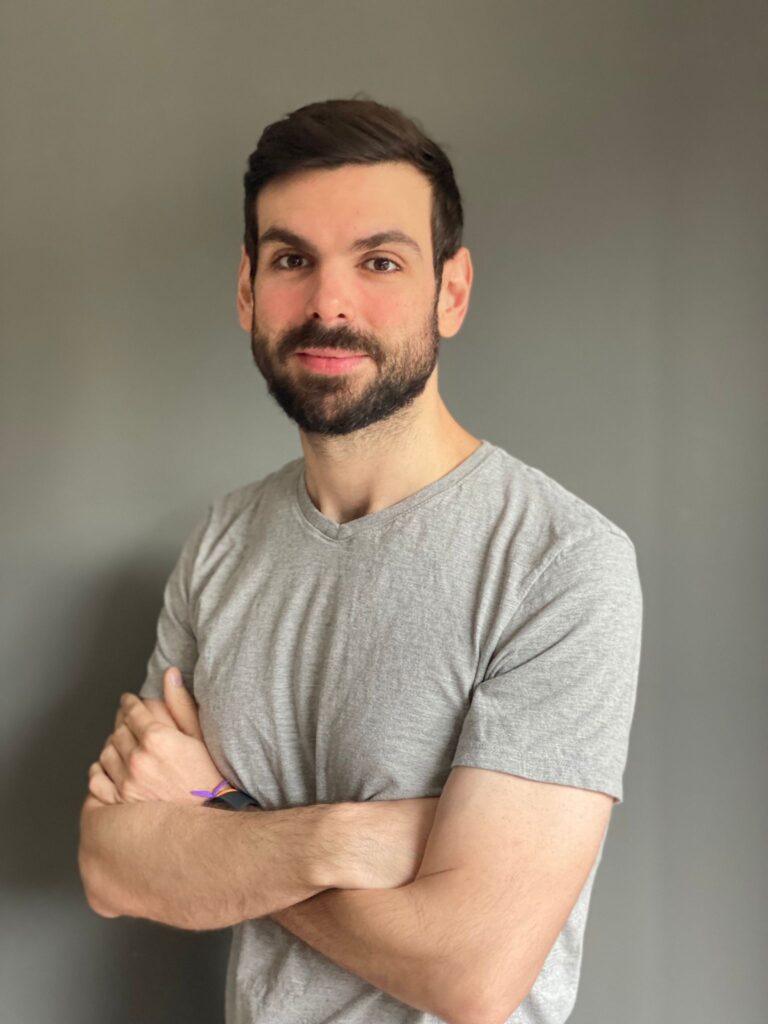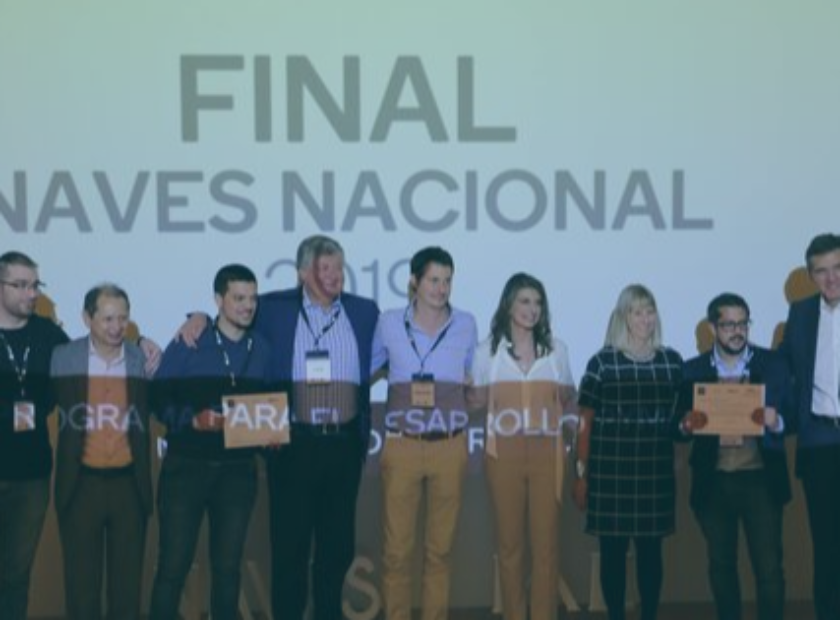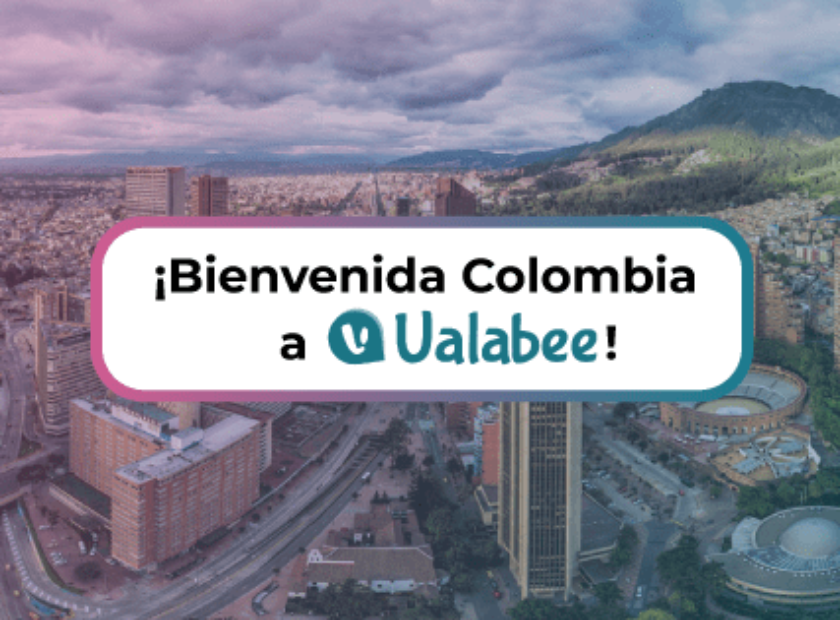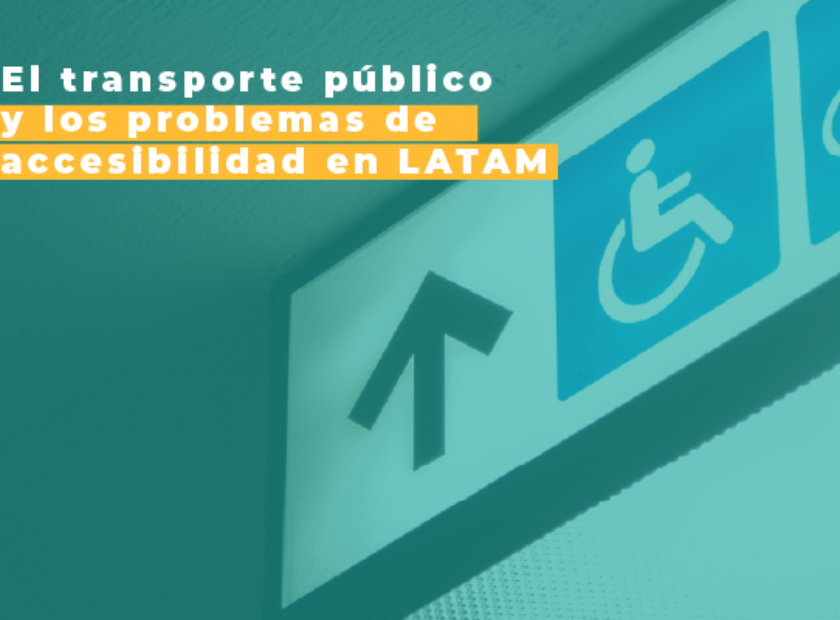
Changing LATAM

CEO
Bettha
When I received the invitation to contribute to Ualabee blog, I felt both honored and challenged: what is the most relevant content for a curious, prepared, and critical audience? Ualabee has been a leading startup in transforming the mobility ecosystem in LATAM, which is a unique environment, society, and economy. When looking into cities like Buenos Aires, São Paulo, Lima, Rio de Janeiro, Quito, Santiago, and others, one must have a deep understanding of their particularities to build a successful mobility platform, and the effort to do so is an intense, but rewarding and full of learnings journey.
It is a consensus that technology, especially smartphones, has enabled the emergence of several innovative services in the mobility ecosystem of cities. In recent years, we have seen the rise of apps to order taxis and, later, private drivers, unlock bikes at docks around the city, and even scooters scattered on sidewalks. This is especially true when looking into LATAM perspective. Companies like Uber, Didi, Lime, and others have greatly succeeded around this part of the planet due to the lack of massive transportation infrastructure. Cities like São Paulo, although with enormous populations (around 23 million in the metropolitan area), have timid – to be kind – subway, and bus rapid transit (BRT) systems.
MaaS
Although this wave of innovation offered citizens new options to move around big and congested cities, they are not enough to change the mobility landscape, meaning making the commute easier, cheaper, and more predictable. We now know that technology needs to facilitate not only new forms of mobility, but also (and more important!) the integration between all of them. In this sense, an emerging trend is platforms that allow the user to route their journeys considering various options at the same time, such as massive public transport (buses, subways, etc.) and other individual modes. The vision is that each person can, through intermodal analysis, choose the most appropriate way to get to their destination.
The transformation of mobility into a service centered on people, from the term Mobility as a Service (MaaS), is already being tested in several cities around the world, such as London, England, where the municipal transport department (Transport for London, TFL) opened up transport data and the mobility payment system itself. It is already possible to access stations and unlock bicycles entirely through mobility apps, making people’s journeys easier and more practical. In Brazil, some initiatives are emerging on the horizon: in São Paulo, for example, the ‘Olho Vivo’ initiative allowed private companies and startups to use bus fleet location data (via GTFS) to develop their platform proposals and offer them to the population, also making journey planning apps possible, such as Ualabee and others.
LATAM scenery
However, this reality is not the rule among LATAM cities. While public managers advance in the construction of more open and innovative environments, generating real benefits for their populations, other municipalities have difficulty approaching such initiatives. The technological fact is relevant but not the only one and not the most important: it is essential, above all, to have a vision of a partnership between the public sector and private companies in order to improve life in cities. If municipalities make data available, individuals and companies can use that data to create solutions that meet the needs of citizens. In this process, more information is generated, and through agreements, the public sector can receive information from platforms about the dynamics of urban mobility, access passenger comments, create a communication channel with citizens, and also encourage positive behavior in the city.
In that sense, dialogue is necessary! Making cities smarter and more human certainly involves mobility that is connected to people’s needs, which is only possible through collaboration, and platforms such as Ualabee are perfect for that. It may be a bit long-shot to see it now, but adopting this type of systemic solutions and articulation with tech companies can be a life-changing initiative for LATAM cities, and I’ll try to prove it to you in my next articles here.
Pedro Somma is passionate about projects that can have a positive impact on improving people’s lives. He has been working for 10 years in roles and initiatives related to mobility and urban issues. He has held leadership positions in startups such as 99, Brazil’s first unicorn, where he was COO, and Quicko, Brazil’s first Mobility as a Service (MaaS) platform, where he acted as CEO until its sale to the Finnish company MaaS Global.





